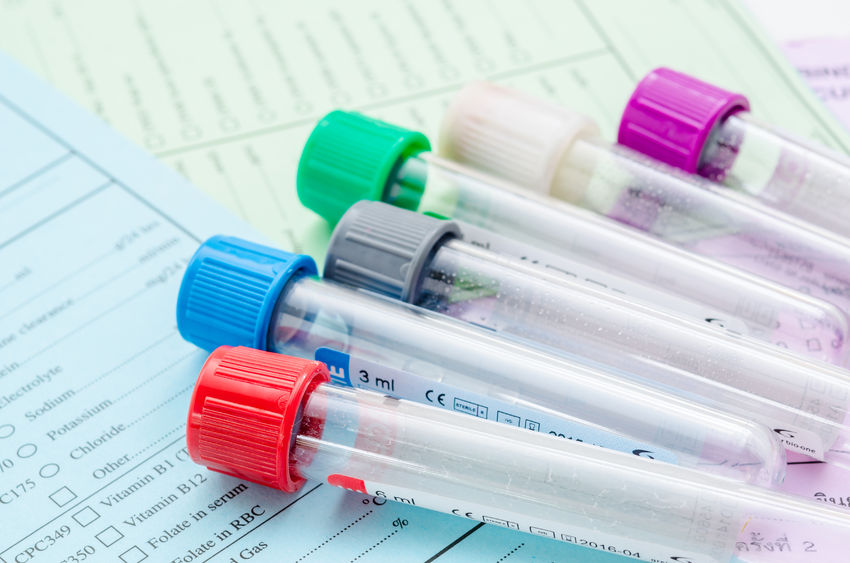
Allergy Apricot Fluorescence Assay Blood
What is this test?
Apricot is an orange-colored stonefruit of a temperate zone tree ranking 5th in worldwide deciduous fruit production. The tree resembles the related peach and plum trees. Apricot may result in allergic reactions, ranging from mild symptoms such as oral allergy syndrome to severe systemic reactions such as anaphylaxis. Oral allergy syndrome is also known as food-pollen syndrome. Eating apricots may trigger the symptoms if you have a birch pollen allergy. This is because apricots and birch pollen have some of the same proteins. Antibodies against the birch pollen can cross-react with apricot proteins, causing symptoms. This can happen suddenly, even if you have previously been able to eat apricots without a problem. Peaches, nectarines, plums, cherries, apples, pears and some other fruits and vegetables may cause similar symptoms if you have a birch pollen allergy. Symptoms include itching and irritation of your mouth or throat. This reaction usually gets better on its own within minutes of eating the apricot.
Also known as Allergy Apricot Fluorescence Assay.
Test Preparation
No special preparation is needed for Allergy Apricot Fluorescence Assay Blood. Inform your doctor if you are on any medications or have any underlying medical conditions or allergies before undergoing Allergy Apricot Fluorescence Assay Blood. Your doctor depending on your condition will give specific instructions.
Understanding your test results
| Gender | Age groups | Value |
| UNISEX | All age groups | Increased IgE (>100kU/l) is seen if the person is allergic to the specific substance |

